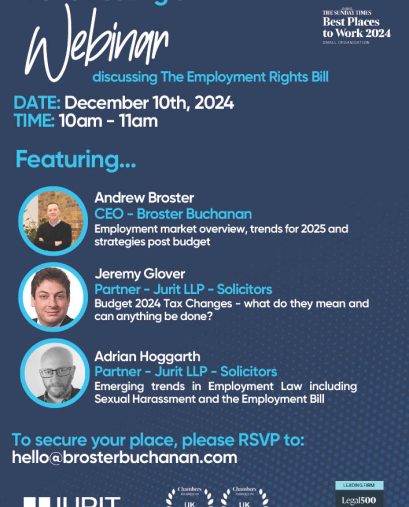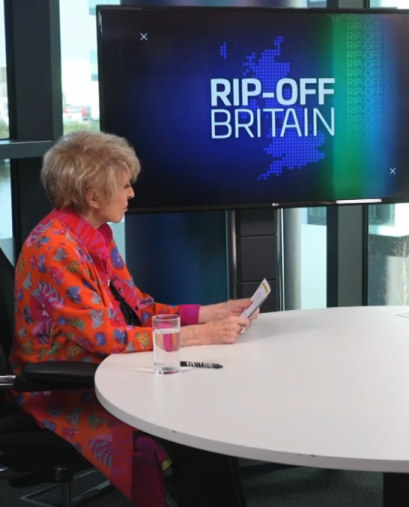Principles concerning costs in Norwich Pharmacal Orders

The Court of Appeal has recently re-stated principles concerning costs in Norwich Pharmacal Orders in (1) Jofa Ltd (2) Joseph Farah v (1) Bernherst Finance Ltd (2) Chestone Industry Holding 2019 EWCA Civ 899. Litigation lawyers will be familiar with such orders which allow pre-action disclosure of documents against third parties.
The appellants were ordered to pay a proportion of the respondent’s costs of applying for a Norwich Pharmacal Order against them.
The respondents had allegedly been defrauded by the manager of a scheme in which they invested. The manager had apparently made cash calls, supported by invoices which appeared to come from the appellants. The appellants were threatened with prosecution and the second appellant was invited to undergo an interview under caution but declined to do so. He said that his company had not provided the invoices and he knew nothing about the supposed fraud. The respondent’s solicitors then sent a letter before action asking for numerous documents, including bank statements. The appellants did not respond. The respondents then issued an application for a Norwich Pharmacal Order. The appellants agreed to co- operate with the respondent’s enquiries provided they were fully reimbursed for their costs. The second appellant then attended the hearing in person and told the judge that if a Norwich Pharmacal Order was made, he would comply with it.
The judge made the orders requested both against the appellants, and the bank (which had remained neutral) in respect of the bank statements. The respondents then sought their costs, arguing that these would have been lower if the appellants had also taken a neutral stance.
The judge decided that the usual order was “no order for costs” but in this case made an order for costs against the appellants since the appellant-respondent discussions had proved fruitless. The appellants appealed.
The Court of Appeal disagreed with the judge. Its costs guidance in relation to obtaining Norwich Pharmacal Orders was:
- Normally, the applicant should pay the costs of the party ordered to provide disclosure, including the costs of the application ((Cartier International AG v British Telecommunications Plc 2018 UKSC28);
- It would not normally be just to award costs against a respondent, who had simply required the applicant to justify the grant of an order.
- A respondent did not have any legal duty to a person seeking information without a court order. It was entitled to keep its documents private;
- An applicant should normally recover its costs from a wrongdoer not an innocent party which itself had no means of recovering these from a wrongdoer;
- In cases where the applicant had a potential legal claim against the respondent, it might be appropriate to make the award of costs dependent on the outcome of subsequent litigation provided this was commenced within a defined period.
The judge’s order was set aside and substituted with no order as to costs – but it should be noted that the appellants were unrepresented and had not incurred any legal costs.
Please note this paper is intended to provide general information and knowledge about legal developments and topics which may be of interest to readers. It is not a comprehensive analysis of law nor does it provide specific legal advice. Advice on the specific circumstances of a matter should be sought.










